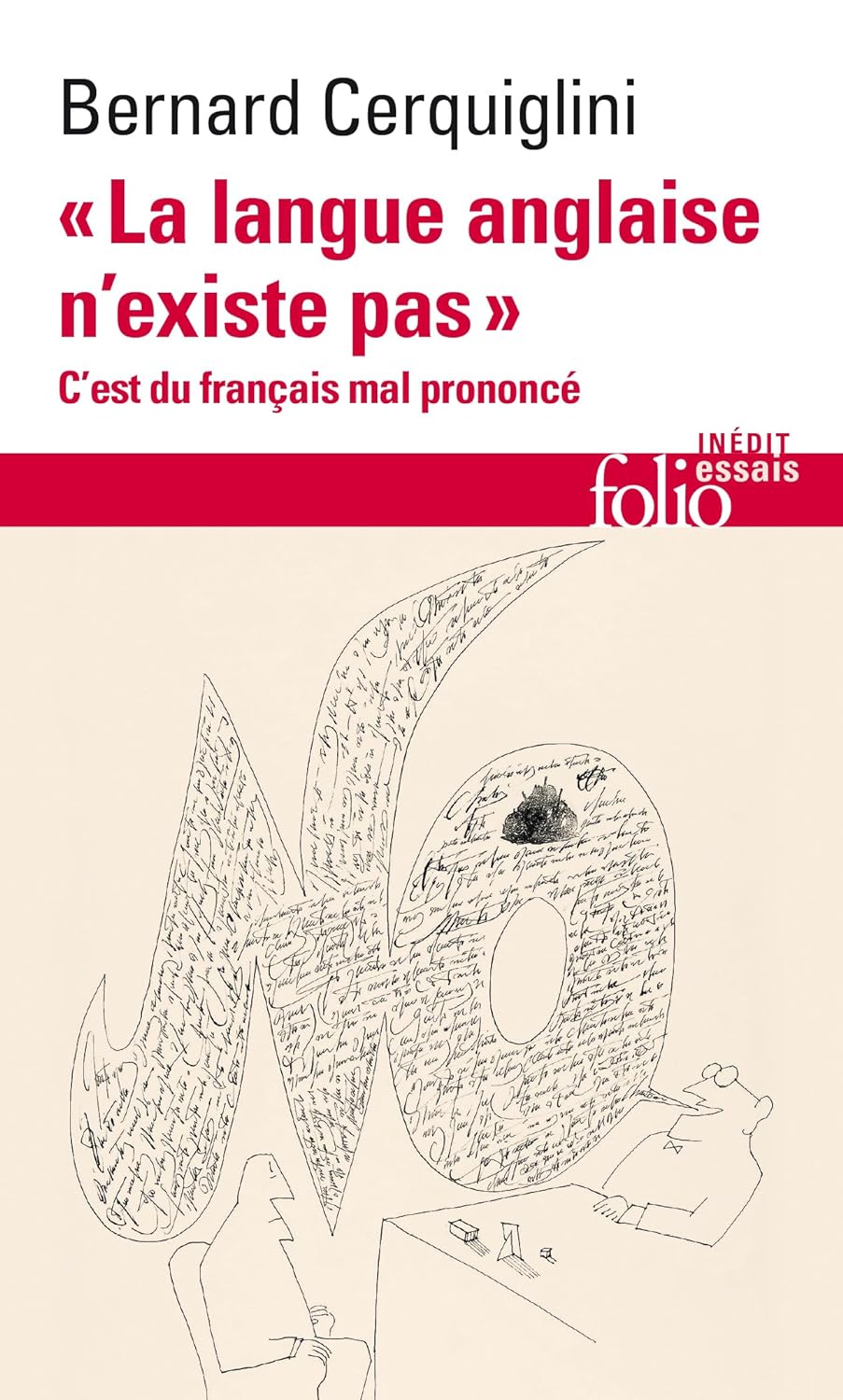Shoebox skull: an old neologism
"Bones from German cave rewrite early history of Homo sapiens in Europe", by Will Dunham, Reuters (1/31/24)
Bone fragments unearthed in a cave in central Germany show that our species ventured into Europe's cold higher latitudes more than 45,000 years ago – much earlier than previously known – in a finding that rewrites the early history of Homo sapiens on a continent still inhabited then by our cousins the Neanderthals.
Scientists said on Wednesday they identified through ancient DNA 13 Homo sapiens skeletal remains in Ilsenhöhle cave, situated below a medieval hilltop castle in the German town of Ranis. The bones were determined to be up to 47,500 years old. Until now, the oldest Homo sapiens remains from northern central and northwestern Europe were about 40,000 years old.
"These fragments are directly dated by radiocarbon and yielded well preserved DNA of Homo sapiens," said paleoanthropologist and research leader Jean-Jacques Hublin of Collège de France in Paris.
Read the rest of this entry »
